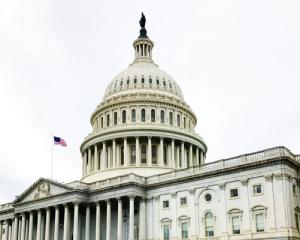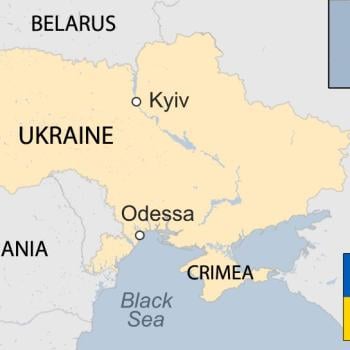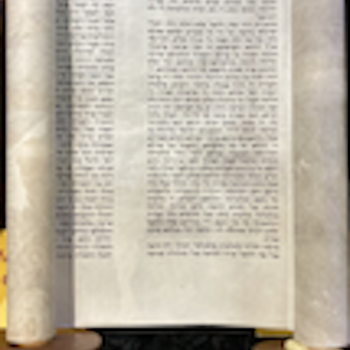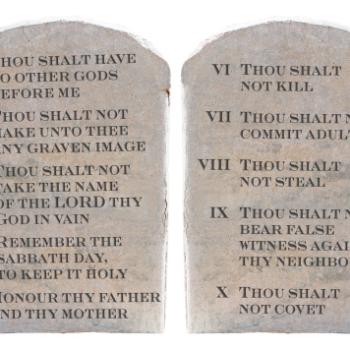The political-religious ideology known as “Christian nationalism” exists in various countries in the world, especially in the U.S., and it has been growing in popularity in recent years, mostly among evangelicals. And I have been an evangelical all of my adult life. But what is Christian nationalism? It refers mostly to efforts by professing Christians to pass government legislation that would further identify their nation as “Christian” and thereby oppose secularism.
U.S. Christian nationalists often claim their nation was founded as a Christian nation and that they are trying to “take back” the country for God. U.S. Christian nationalism is decidedly prominent in the Republican Party. Publicly avowed Christian nationalist members of the U.S. Congress include Representatives Majorie Taylor Greene of Georgia, Lauren Boebert of Colorado, and Mary Miller of Illinois. An foremost trait of these Congresswomen is that they join former Republican President Donald Trump in claiming the 2020 presidential election suffered “voter fraud” and that Trump won it, so the presidency was “stolen” from him.
Southern Baptist Mike Johnson of Louisiana–the Republican Speaker of the U.S. House of Representatives–is the preeminent, outspoken Christian nationalist in the government nowadays. He has come under criticism lately for having selected pastor Jack Hibbs of Louisiana as the Guest House Chaplain. During the COVID-19 pandemic, politically right-winger Hibbs declared publicly that COVID-19 vaccines were a means of government control that would “condition” people to accept on their bodies “the mark of beast” mentioned in the Bible’s book of Revelation (chapter 13). This “mark,” or number “666,” will identify people as worshippers of the end times Antichrist. Hibbs often claims the presidential election of 2020 was “stolen” from Trump.
This week, twenty-six House Democrats objected to Johnson’s selection of Hibbs as Guest House Chaplain in a letter of protest led by Jared Huffman of California and Jamie Raskin of Maryland.
Also, the para-church organization Faithful America recently made public a petition of protest against House Speaker Johnson adopting Christian nationalism ideology in his political efforts. In only three days, they got 12,000 signatures on it. The petition urges Johnson to “stop manipulating the Guest Chaplain program and commit to following the rules of the program” which include “religious diversity and inclusion and to focus on justice and peace.” It concludes, “Let’s show Speaker Johnson that Christians reject promotion of Christian-nationalism pastors now.” Previously, right after Johnson had become House speaker, Faithful America alleged that he could be the “most dangerous Christian nationalist leader” in the U.S. government.
This Christian nationalism ideology has been around in America all of my life, just not usually called that. It was mostly adopted by so-called Christian Fundamentalists, who were prevalent among Baptist church denominations. Their main contention was that America originally had been founded as a Christian nation, which I think is debatable, and thus the common notion of “the separation of church and state” they rejected as being historical, especially since there is no such language in the U.S. Constitution. But the retort against that argument has always been that the concept of the separation of church and state is in some of our federal laws. Plus, our third U.S. president, Thomas Jefferson, who originally drafted the Declaration of Independence and was an avowed Deist, claimed the nation was based on the concept of the separation of church and state.
What is ironical about this Christian nationalist claim–that the U.S. was founded as a Christian nation–is that some of the most prominent founders were self-proclaimed Deists, and Christian nationalists have always alleged that Deists were not Christian. The most eminent founders of our nation who avowed Deism were Thomas Jefferson and Benjamin Franklin, and it is thought that George Washington was somewhat Deist. It can be argued that Deism is in the Declaration of Independence by its inclusion of the language “Creator” and “divine Providence,” terms commonly employed by Deists.
My opinion on this matter of Christian nationalism is that God is spiritually calling out a people for himself who then become members of the now invisible “kingdom of God.” Thus, although the Bible affirms that God established the concept of nations on earth, so that citizens belong to their respective nations and thus ought to be patriotic when their nation invokes just laws and practices, the people of God have their foremost allegiance to God himself, his commandments, and thus the kingdom of God.
I believe in Christians being involved in their nation’s government and thereby trying to be a force for good and righteousness in passing legislation. But I do not believe Christians should force their religion unto others. God has given all people freedom of choice, and I think we Christians should respect that basic human right. Showing forth Christian love will win more souls into God’s kingdom than forcing religion on others. Plus, the foremost American principles are the freedom of speech, freedom to assemble, and freedom of religion. That last freedom makes it clear that, even though some of America’s founders were strong in Christian faith, they protected the freedom of all religion, not just Christianity.
At the same time, I believe in just laws and a certain morality to them as advocated in the Bible. Every Christian needs to try to find the right balance for themselves regarding these two parameters: the basic human right of freedom and a nation having laws of justice and morality. I think this tells Christian nationalism to exit the House.














